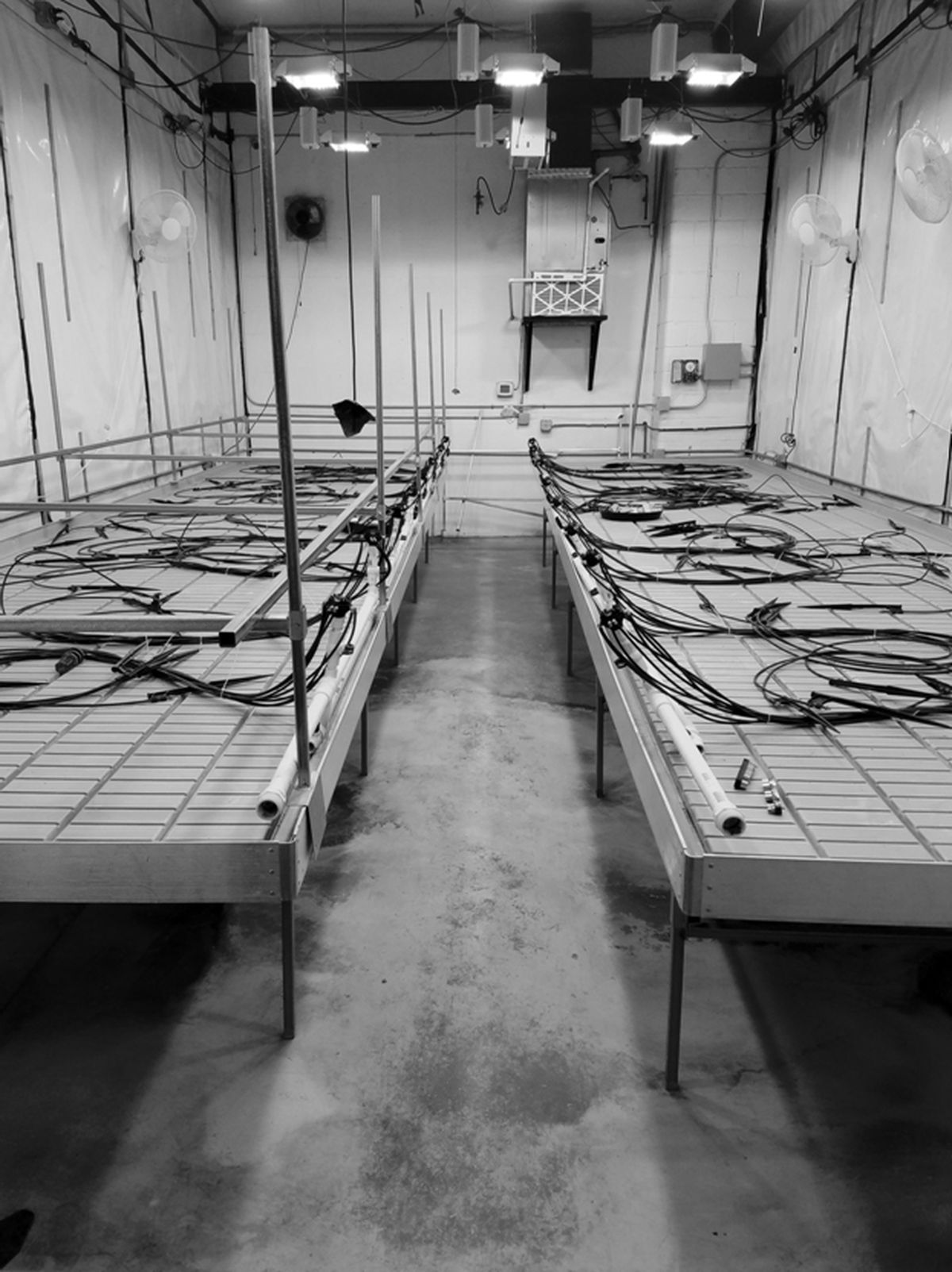Shutting down a cannabis grow
Market challenges lead some cannabis growers to call it quits

In 2012, when sales of recreational cannabis in Washington became a reality, the love for growing the plant and making an honest living doing so became a reality for many entrepreneurs.
The industry has since boomed with more than 1,400 producer/processors, but right around 500 retailers they can sell to.
According to 502data.com, a state analytic service, as of November 2018, only 10 out of all these producer/processors have actually achieved annual revenue exceeding $1 million, dispelling the belief from outside the industry that everyone is making tons of money.
As legal cannabis continues to expand, prices continue to decline, further decreasing the odds for small businesses to see increased profitability, regardless of product quality.
Retail prices are now considered to be less than current black market value, which sometimes presents an economic dilemma of whether to legally sell wholesale at an average price of $2.50-$3.75 for a gram of flower, or $4-$5 a gram to black market customers.
THCBD, a Tier 2 producer/processing farm based in Spokane, was established in 2012 as a medical grow. It shuttered this spring due to the unsteadiness of the industry.
Owner Zac Steve started in the industry as Lilac City Collection Association, a medical dispensary. Lilac City and THCBD overlapped for a year until THCBD began to grow on its own.
“Back during the medical cannabis days, there were long days and nights plucking, trimming, and taking care of these sensitive plants with other friends, talking about what we would do if cannabis was decriminalized at a larger level,” Steve said. “When it happened, I jumped on the opportunity.”
Steve said the early days of legal adult-use were less competitive, allowing retail stores the chance to stay loyal to a certain number of brands.
But with such a large pool of product to choose from at lower prices, many retailers are now offering many brands on a rotating basis, an approach that’s good for consumers but mixed for wholesalers.
In 2015, Washington State Liquor and Cannabis Board increased the maximum number of retail licenses to 556 but didn’t give a limit to producer/processing licenses.
Steve said Washington’s wholesale market is still oversupplied after two years of favorable harvests and lower prices.
“I remember driving out to one shop and seeing a sign that read, ‘Sorry, we already have enough vendors and are no longer taking samples at this time,’” he said.
This decision to shut down was disappointing, but not unexpected to the staff.
Will Harris started in the industry working with plants and dirt at an outdoor farm. He moved into sales, and later became THCBD’s production manager.
“THCBD was a close-knit family and to see it go was hard on everyone. I want the public to know growing cannabis isn’t always easy or as simple as some believe,” he said. “It can be tedious, laboring and sometimes difficult. There are many factors, and if one thing goes wrong, that could do major damage to the finances of a small business.”
For instance, system-wide problems can result if the wrong soil is sent or mislabeled, if a plant somehow gets pollinated and creates seeds, or if certain bugs infest a crop.
“A chain of events such as bad soil was hard on the plant, then our concentrates lab was no longer able to run due to restrictions that were too expensive to accommodate, and other events like this ended in the closure of a business I put my all into,” he said. “Simply put, the margins were too thin to thrive financially in this industry.”
The oversaturation of certain commercial products also could be a challenge.
The most popular item is flower, which is the easiest and most affordable to grow. But companies that create other items like concentrates or edibles need to invest in specialized equipment or employees with different skills.
Besides Steve and Harris, the employees at THCBD included three growers and two processors. Most want to stay in the industry. The license, name and location are all for sale.
Taryn Mickelson is originally from New Mexico and now works in Washington’s cannabis industry. She enjoys writing about the positive changes in this rapidly-growing business.